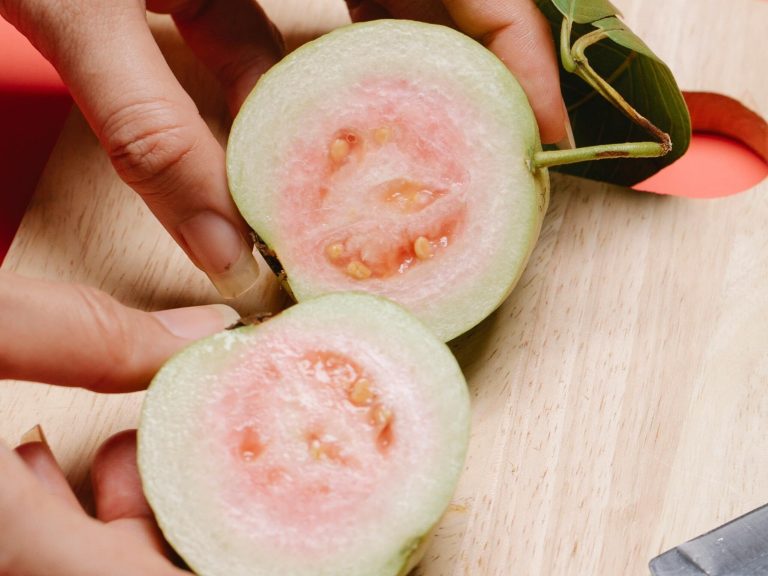Be careful what tea you drink. The tested products contained dangerous substances

Italian researchers analyzed the composition of popular teas. The results of the tests conducted are thought-provoking. See what exactly experts have discovered and what to avoid.
Specialists tested 14 different teas from well-known and popular brands. Among other things, green tea from organic farming was taken under the microscope. mint tea, traditional black tea or English “breakfast tea”. Hazardous substances were detected in eleven of them. Experts emphasize that the permissible limit has not been exceeded (two milligrams per kilogram). However, the large number of samples in which dangerous compounds were found is worrying. See what these substances are and why they should be avoided.
What did the tested teas contain?
The presence of glyphosate was identified in the composition of the tested samples. It is an organic chemical compound. It belongs to the group of phosphates. It is a component of some herbicides, i.e. weed control agents. The World Health Organization (WHO) has classified it as a “possible carcinogen.” In October 2023, the Ramazzini Institute in Bologna published the first research results on glyphosate. Scientists analyzed the effect of the compound on an animal model (rats). They proved that its intake (in doses considered safe) increases the risk of leukemia in rodents in the first year of life. Not only glyphosate was discovered in the analyzed samples, but also other pesticides, for example:
-
biphenyl – used to eliminate fungi and molds,
-
thiamethoxam – an agent used to kill crop-destroying insects, such as aphids, beetles or thrips,
-
bifenthrin – fights sucking and biting pests, as well as caterpillars,
-
alpha-cypermethrin – an insecticide banned in Europe since December 2022 (its presence in the analyzed samples may result from the fact that some teas were produced in a period earlier than the date of introduction of the indicated restrictions).
Although the amounts of detected substances were within the permissible limits, it is worth remembering that pesticides can cause many undesirable changes in the human body: disrupt the hormonal and enzymatic metabolism and increase the risk of many diseases of the digestive, respiratory, cardiovascular and reproductive systems.
How did pesticides end up in teas?
Teas were most likely contaminated with pesticides at the cultivation stage. In many countries around the world, including India and Sri Lanka, the practice of weeding plants using glyphosate or other specified chemicals is still used. It is possible, as researchers emphasize, that they are used directly on shrubs to eliminate vines. Can pesticides be avoided? Unfortunately, this is not entirely possible. However, it is worth trying to limit them in our everyday life. We need to carefully choose the food products that end up on our tables and reach for organic products with confirmed ingredients.
What brands of tea were tested?
The editors of the Italian magazine “Il Salvagente” commissioned tests of 14 popular teas available in the supermarket. The magazine specializes in conducting various types of food tests. Product samples were sent to a specialized laboratory, where their composition was analyzed. The following brands were examined: Twinings, Conad, Star Tea, Esselunga, Lipton, Lord Nelson, Alce Nero, Alba Claridge, Lester House, Solidal, Taylors of Harrogate and Sir Winston. Some of them are also available in Poland.






